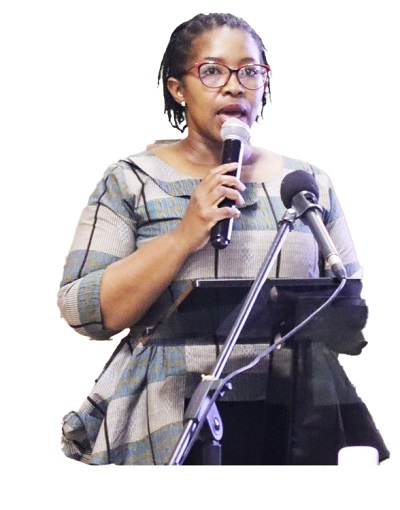By:Thandiwe Kubere
Advocating for children’s rights to proper education, the Ministry of Education and Training and that of Youth and Social Development, unitedly held a day workshop as a means of examining and strengthening the already existing Basic Education Strengthening Project (BESP), which aims to ensure that underprivileged children are afforded the education they need, by assisting with the necessary funds to meet their school needs.
The BESP, initiated by the World Bank, was formed in February 2022, hoping to sustain vulnerable children through the year 2025. The purpose of the project is to retain children who are in and out of school, strengthen teachers and the education system as a whole to ensure that it is effective and no child is left behind. The underlying objective is to assist students from less privileged backgrounds to transition from primary schools- which mostly offers free education, to secondary schools without worry of financial lack. The purpose is to as well ensure that students who are out of school, due to their family’s lack of financial muscle, are returned back to school, for every child has a right to education, regardless of their family’s social status.
The ministries indicated that BESP has three components. The first component seeks to ensure that there is child retention in schools, more especially those in the junior secondary level. Under this component, there are three pillars which are implemented. The first pillar, under taken by the Ministry of Social Development, is improving the efficiency of cash transfer scheme for students from poor households. The second pillar is carried out by MoET, where it puts together youth or social clubs, and further develop online training models in maths and science for junior secondary schools teachers.
Children will be assisted with joining social clubs where they will be taught, capacitated and provided the necessary skills for effective learning and doing well in their studies. Here they will get strengthened on developing a positive mentality and attitude towards their studies, taking note of their curriculum. Another component is to strengthen ECCD children so that their school needs are effectively met.
Social Development Director Planning Mamokhathole Linko declared the Ministry has been working closely with the Ministry of Education(MoET) because the goal of strengthing education was that of MoET and is led by it.
The project will cater for the marginalized children, who are appropriately registered with their councils from the Ministry and are recorded in the National Information System for Social Assistance (NISA). The project caters for students from grade 8-10. The selection criteria varies in terms of the lack identified in different families. The project will select 16 community councils. Sponsored children will be those who already receive child grants and are between the ages of 12 to 18 from public schools registered with the Ministry of Education.
The project is designed in such a way that there will be an amount of M1500 allocated, payable twice in a year, M1000 at the beginning of the year and 500 given at midyear. The funds will be given to the guardian of the student for uniform, transport and other essential needs. The strategies the Ministries have put in place to retain children in junior secondary includes: the bursary top up, another one is to identify some of the barriers which hinder children from proceeding or staying in school, such as children being given up for early marriage, going up to initiation schools, their guardians spending grands else where instead of basic needs and education and others, then finding ways of mitigating those challenges. “We learned that we can avoid this barriers by advocating and creating awareness around the significance of education and the projects put in place to ensure children get efficient and effective education”, said Mrs Linko. She further enlightened that the Ministries have therefore decided to hold hands in checking up and following up children’ s progress as well as finding ways of helping solve the challenges they encounter during their academic journey.
BESP was established in support of the already two projects from the Ministry of Social Development which are: the child grants program for children born in underprivileged families; when proceeding to secondary schools, those children are sponsored with opharns and vulnerable children bursaries. “The project supports these projects because the funds from the child grants program is not enough to take children to school because they get a M600 allowance per quarter, which amount to M200 per month, so already one can tell that it will not be enough”, said Mrs Linko.
She further highlighted that the opharns and vulnerable children (OVC) bursary on the other hand, pays for students’ school fees, books, uniform and stationery. However, we cannot ignore that there are other needs such as preparations or other basic needs such as cosmetics, food, transport and others before those children go to school. Therefore, the BESP has been put in place to help close the identified gaps.
She mentioned that following the BESP providing funds for vulnerable children, there will be an impact and evaluation study to note and check whether the project achieved the purpose it was intended for and if children effectively attended school without fail.


